
The Global Blockchain Business Council (GBBC) was initially launched at the World Economic Forum Meeting in Davos back in 2017. This organization seeks to bring together various innovators and blockchain industry leaders. What’s more, the organization brings together cross-sectional blockchain industry profiles from more than 50 nations.
Its purpose in doing so is relatively straight-forward. The nascent blockchain industry is a field that is displaying steady growth. However, it lacks when it comes to cooperation across various projects. In addition to this, certain groups, individuals, or organizations are skeptical of blockchain technology.
As such, the Global Blockchain Business Council seeks to both engage and educate regulators. In doing so, the GBBC is paving the way for further blockchain initiatives and projects. Furthermore, it does not limit its scope to merely regulators.
Instead, the Global Blockchain Business Council notes that it works with both lawmakers and business leaders in bringing about further change in the blockchain field. The organization does so due to an overwhelming belief of” blockchain technology’s ability to create more secure, equitable, and functional societies” all over the world.
About Global Blockchain Business Council
Global Blockchain Business Council’s CEO, Sandra Ro, first came from the banking space. This shows how Global Blockchain Business Council brings together a wide variety of different people, with different backgrounds.
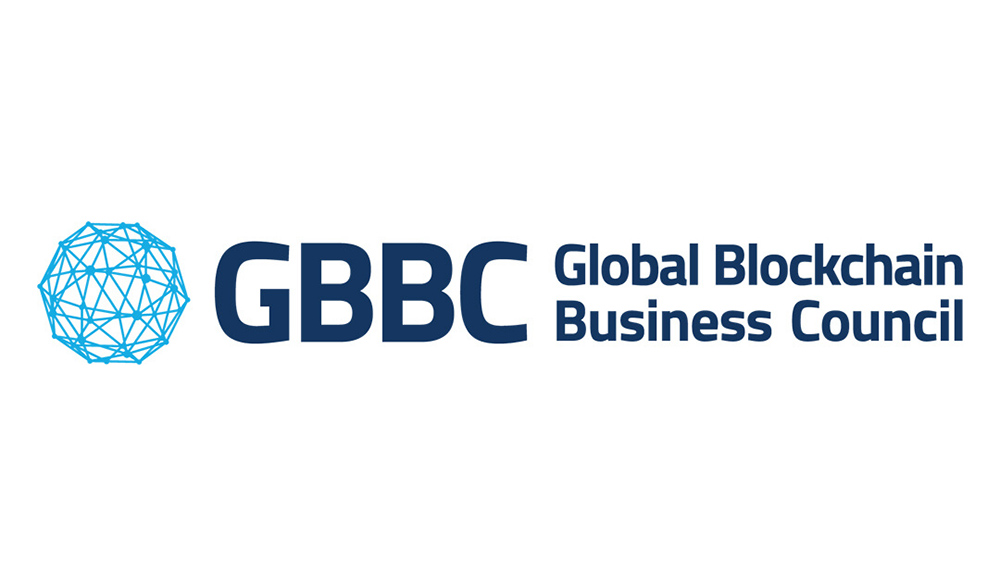
Blockchain technology is oftentimes said to be the future of the FX or foreign exchange market. More specifically, this comes from the use of cryptocurrencies to efficiently, cheaply, and securely transfer large sums of money across national borders.
According to Sandra Ro, Global Blockchain Business Council is supporting smaller actors in the blockchain space. For example, the organization is filing patents relating to blockchain technology. Moreover, it consults hundreds of blockchain technology startups and attends crypto meetups.
In addition to this, Global Blockchain Business Council appears set to take on the traditional business world. This shows how the organization appoints veterans from other legacy companies, such as Accenture’s former managing director of blockchain, SIX Digital Exchange’s head of business, or a veteran from CME Group.
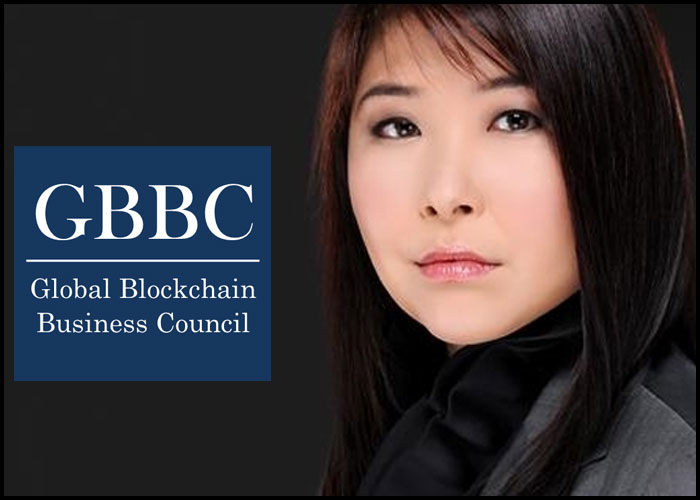
Consequently, it will be interesting to see how Global Blockchain Business Council continues to develop in the coming years. As GBBC is supporting startups in the blockchain space, its success could profoundly impact the number of successful blockchain startups.
Blockchain technology’s revolutionary nature
Global Blockchain Business Council argues that it is supporting the blockchain sector due to its revolutionary qualities. The council’s belief that blockchain technology can bring about more secure and functional societies is naturally worthwhile. However, some can think this as somewhat of a lofty goal.
Nonetheless, one should note that the GBBC is not alone in its belief that blockchain technology could be revolutionary. Instead, the Global Blockchain Business Council refers to polls that show over 40% of investors believe blockchain is the most transformative new technology since the introduction of the internet.
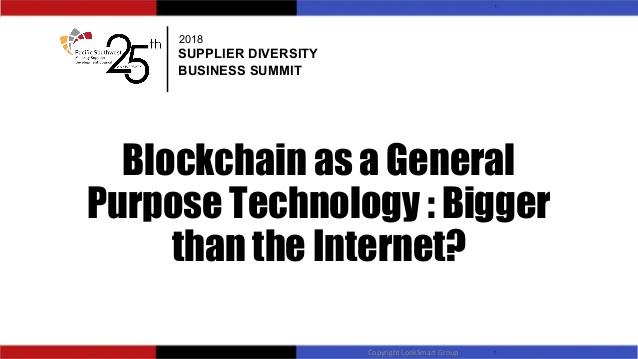
Granted, many technologies claim to be the “biggest thing since the internet”, but few are actually worth their salt. Nevertheless, blockchain technology is one of those rare revolutionary technologies that can truly change everything.
In fact, blockchain technology is a frequent contender for inclusion in the” fourth industrial revolution”. This term, which is increasingly being thrown around these days, is an illustrious one. However, understanding the fourth industrial revolution is vital to understanding what role blockchain technology can be expected to play in it.
Blockchain and the fourth industrial revolution
The “Fourth Industrial Revolution” is the fourth major paradigm shift that affects many different industry fields. As the name suggests, this is a direct descendant of the first industrial revolution, or merely the Industrial Revolution.
As those familiar with the Industrial Revolution will know, the steam engine’s introduction in the 1700s brought about an era of immense innovation across sectors. In fact, the steam engine’s introduction drove social changes, began a process of urbanization, and gave rise to greater production technology efficiencies.
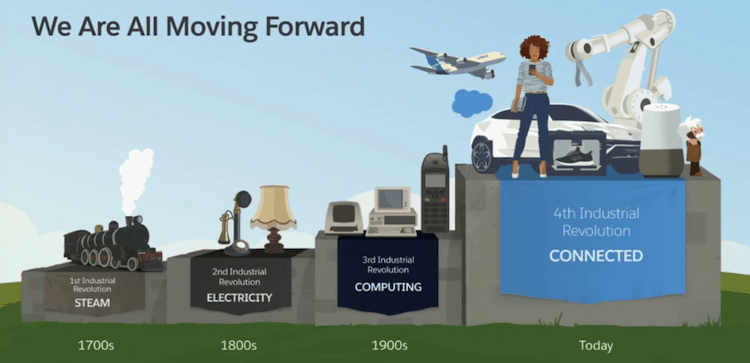
The second industrial revolution came about with the introduction of electricity, and was the origin of new paradigm shifts. In the late 1900s, the introduction of computers was the cause for the third paradigm shift.
This, then, brings us to the current paradigm shift – the fourth industrial revolution. This revolution comes from “connected technologies”. Some of the technologies experts often identify as being part of the fourth industrial revolution are AI, IoT, and robotics.
However, more than any other, blockchain technology is one of the main fields driving the fourth industrial revolution. Blockchain technology is an extremely versatile field, as it enables smart connections across industry fields and various systems.
Although cryptocurrencies are one of the most common types of blockchain technology-driven products, it is far from the only one. DLT, or distributed ledger technology, enables intelligent record-keeping and storing verifications in digital ledgers.

As such, these are accessible to various stakeholders. Consequently, DLT and blockchain can decrease information asymmetry between different parties. It can also give rise to more efficient and intelligent tracking, as well as certification confirmation.
According to the founder of the World Economic Forum, Klaus Schwab, blockchain technology is a secure way of sharing and recording data. In an article from 2016, he describes blockchain technology as an integral part of the fourth industrial revolution.
Global Blockchain Business Council’s difference from Blockchain Council
Some find the terms Global Blockchain Business Council and Blockchain Council confusingly similar. However, they are not one and the same. Whereas the Global Blockchain Business Council (GBBC) is a professional group looking to champion coordination and lobbying for blockchain projects, Blockchain Council is somewhat different.
Although the Blockchain Council naturally also centers on blockchain-related subjects, it is not the same as Global Blockchain Business Council. Specifically, Blockchain Council is instead a group of blockchain enthusiasts and experts who seek to champion the cause of blockchain education.
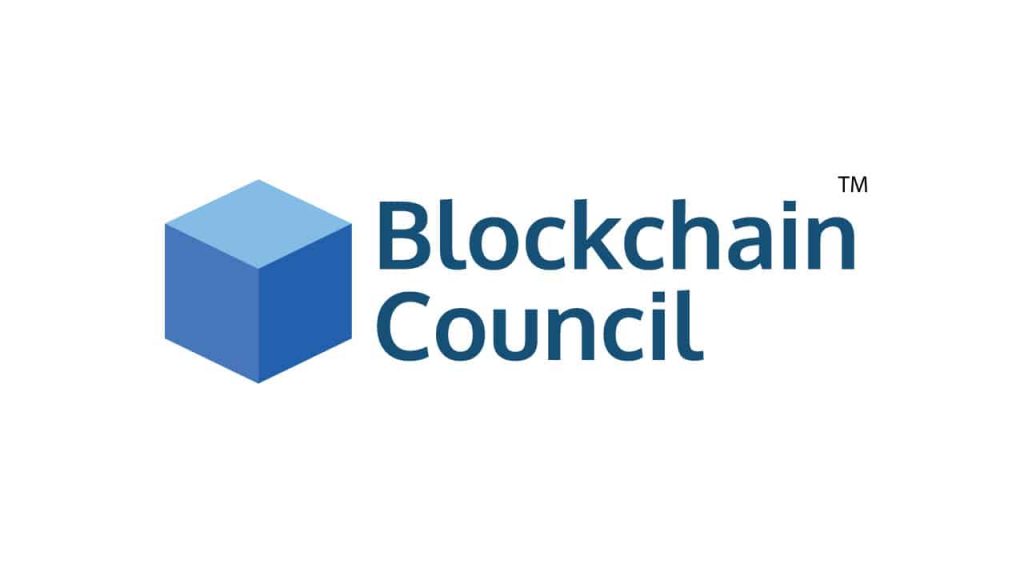
As a part of it, Blockchain Council offers blockchain training and online degrees that help blockchain programmers get blockchain developer jobs. Blockchain Council is one of the many examples of the crypto academies that are becoming popular in order to further blockchain education.
This means that the Blockchain Council is comparable to Ivan on Tech Academy, one of the go-to online platforms for blockchain programming courses. Blockchain Council joins Ivan on Tech Academy in offering courses with blockchain certification.
Blockchain certifications are especially important for those looking to get blockchain jobs in the future. As universities fail to produce blockchain developers in sufficient numbers, this job is increasingly falling to online blockchain academies.
Moreover, blockchain courses offer the best opportunity for furthering one’s own blockchain knowledge. Specifically, taking an online academy’s blockchain course means that you can decide exactly what you want to learn. Furthermore, you can learn it anywhere, anytime.
Ivan on Tech Academy features one of the most comprehensive educational course libraries in the blockchain academy space. As such, anyone can enroll in courses ranging from Crypto for Beginners to DeFi 201, an advanced course in Decentralized Finance.
A breakdown of two blockchain councils
These two blockchain councils, in Global Blockchain Business Council and Blockchain Council, are simultaneously similar and different. Nevertheless, as they are both becoming well-known in the blockchain sector, one needs to differentiate between them.
Put simply, one can call Global Blockchain Business Council the more professional organization. This aims to take a more overarching role of a blockchain technology proponent, which works together with regulators in order to get more favorable terms for blockchain adoption.
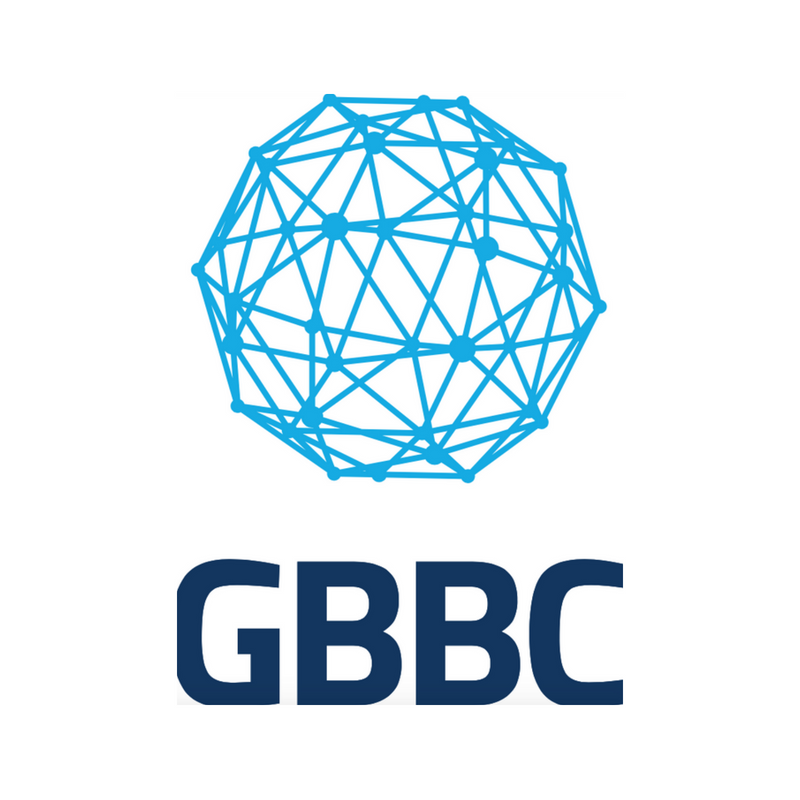
Blockchain Council, on the other hand, is also an important actor for blockchain adoption. However, this group centers more on a grassroots-centric approach in boosting blockchain adoption. Nevertheless, Blockchain Council can be understood as more of an education blockchain organization.
This platform offers basic support in learning more about blockchain and enrolling in courses. As such, it can help with boosting the general knowledge of blockchain technology. Specifically, education is the first step towards achieving greater general understanding, and eventually mainstream adoption.
Consequently, one can think of Global Blockchain Business Council as primarily helping startups and companies. However, in boosting blockchain companies’ chances of succeeding, Global Blockchain Business Council is also helping spread blockchain’s general adoption.
Blockchain Council, on the other hand, primarily targets consumers looking to learn blockchain and offers them courses. Much like Ivan on Tech Academy, which is a world-famous provider of blockchain courses, Blockchain Council aims to educate more people about blockchain technology.
This, in turn, means that blockchain companies also gain more competent potential workers. As such, it is clear that both blockchain councils help each other – although they are very different organizations with very different goals.
Those looking to learn more about blockchain education should make sure to check out Ivan on Tech Academy. It is never too late to start learning blockchain!





